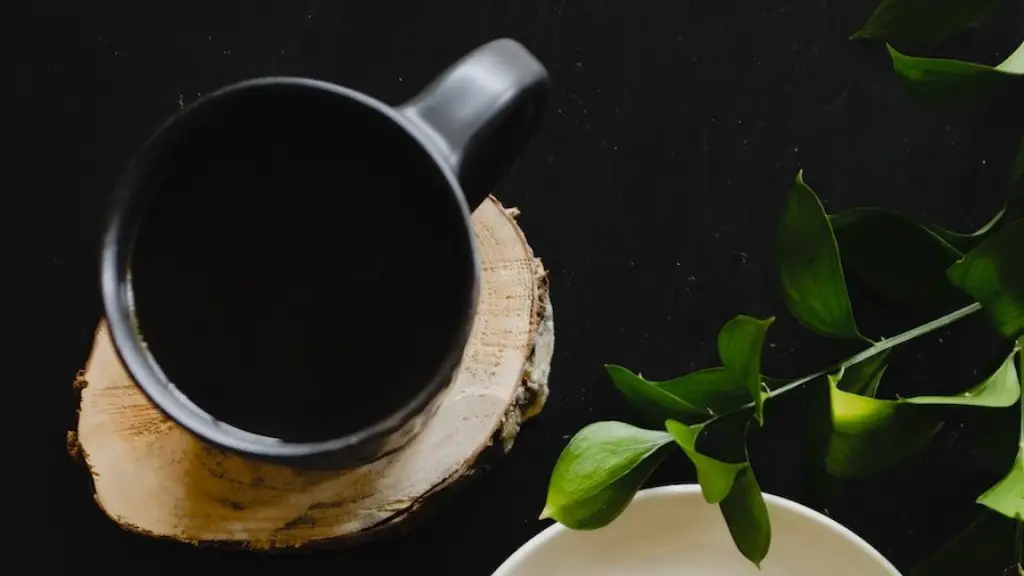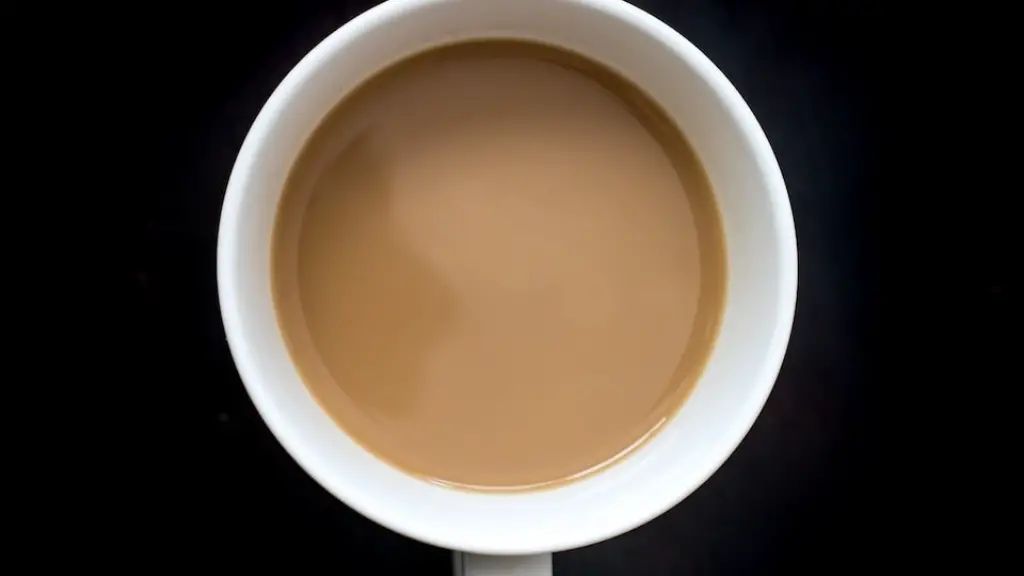Detoxing itself is a hot topic these days, and questions remain on which foods and drinks are best for those seeking to embark on a detox journey. One of the most common beverages linked to detoxing is, of course, coffee. Can you drink coffee while detoxing? Read on to find out what the experts say.
Background Information on Detoxing
Detoxing is a type of lifestyle intervention designed to reduce toxin exposure. It can involve a variety of techniques, such as dietary changes, increased water intake, exercise and yoga, and the use of natural supplements and herbs. The idea behind detoxing is to “flush” out toxins from the body and nourish with nutrient-rich foods, ultimately promoting a healthier lifestyle.
The Effect of Coffee on the Body
Coffee has been studied extensively in recent years, and studies have shown that drinking coffee can have a positive effect on the body. Research suggests that drinking three to four cups of coffee a day can help improve concentration, reduce fatigue, help reduce stress, provide an energy boost, and even help in weight loss.
Coffee also contains antioxidants and polyphenols, which can help protect the body from oxidative damage and reduce inflammation. Studies also suggest that coffee can lower the risk of type 2 diabetes and cardiovascular disease. Furthermore, coffee may also improve cognitive performance, reduce the risk of certain types of cancer, and even help protect against Alzheimer’s and Parkinson’s diseases.
Perspectives from Experts about Drinking Coffee While Detoxing
Many experts have argued that, when it comes to detoxing, caffeine and coffee can negate or reduce the benefits of the detox process. The reasoning behind this is that caffeine is thought to inhibit the body’s ability to absorb nutrients, and can result in increased stress levels. This can have a negative effect on the body’s detoxification process, derailing the detoxing process entirely.
However, other experts have argued that coffee can be beneficial during a detox process. They suggest that, while caffeine can adversely affect the body’s ability to absorb nutrients, the antioxidants and polyphenols in coffee can actually enhance the detox process. They suggest that the antioxidants can help eliminate toxins from the body, while the polyphenols can help protect the body from oxidative damage.
It’s important to note that there are conflicting opinions on this subject. Some experts believe that coffee consumption should be avoided during a detox, while others believe that it can be beneficial. Ultimately, the decision should be left up to the individual.
My Insight and Analysis
In my opinion, I believe that drinking coffee while detoxing is a personal decision and should be made on an individual basis. I think it’s important to consider the pros and cons before making a decision. On one hand, coffee can be beneficial in reducing fatigue and stress, improving cognitive performance, and even helping with weight loss. On the other hand, it can inhibit the detox process.
I believe that in order to make an informed decision, it’s important to be aware of the potential risks and benefits of drinking coffee while detoxing. Ultimately, it’s up to the individual to decide if the pros outweigh the cons.
Which Types of Coffee Are Best for Detoxing?
It’s important to note that not all types of coffee are created equal. It’s best to limit consumption of sugary, processed coffees, such as lattes and cappuccinos, which can have a negative effect on the body during a detox. Instead, opt for black coffee, espresso, or cold brew, as these contain fewer calories and added sugars. Additionally, adding a touch of coconut or almond milk can provide a great source of calcium, while adding cinnamon can provide an extra boost of antioxidants.
How Much Coffee Should You Drink While Detoxing?
The amount of coffee that you should consume while detoxing will ultimately depend on your own individual tolerance. Generally, it is recommended to limit your daily intake to two to three cups, however some people may be able to tolerate more. Everyone’s body is different, so it’s important to monitor yourself and be aware of any adverse reactions.
Tips for Drinking Coffee While Detoxing
For those who decide to drink coffee while detoxing, here are a few tips to help keep you on track:
- Avoid drinking coffee close to bed time, as it can disrupt sleep patterns.
- Limit sugary, processed coffees, and opt for black coffee, cold brew, or espresso instead.
- Choose organic coffee, as non-organic coffees are often heavily sprayed with chemicals.
- Add an all-natural sweetener, such as raw honey, maple syrup, or coconut sugar, if desired.
- Add a touch of almond or coconut milk for an added boost of calcium.
- Monitor your caffeine intake and be aware of any adverse reactions.
Is Decaffeinated Coffee an Option?
Decaffeinated coffee is certainly an option, however it’s important to note that while it may contain fewer caffeine, it also contains fewer antioxidants and polyphenols. Additionally, many decaffeinated coffee brands use chemical processes to remove the caffeine, which can leave unwanted residue. For this reason, it’s best to opt for naturally decaffeinated coffee, such as those made with the Swiss Water Process.
Final Thoughts
In conclusion, it is important to note that drinking coffee while detoxing is a personal decision, and one that should be made on an individual basis. There are conflicting opinions on the issue, however it is important to be aware of the potential risks and benefits of drinking coffee while detoxing. Those who choose to drink coffee should be mindful of their caffeine levels, opt for organic coffee, and be aware of any adverse reactions.



